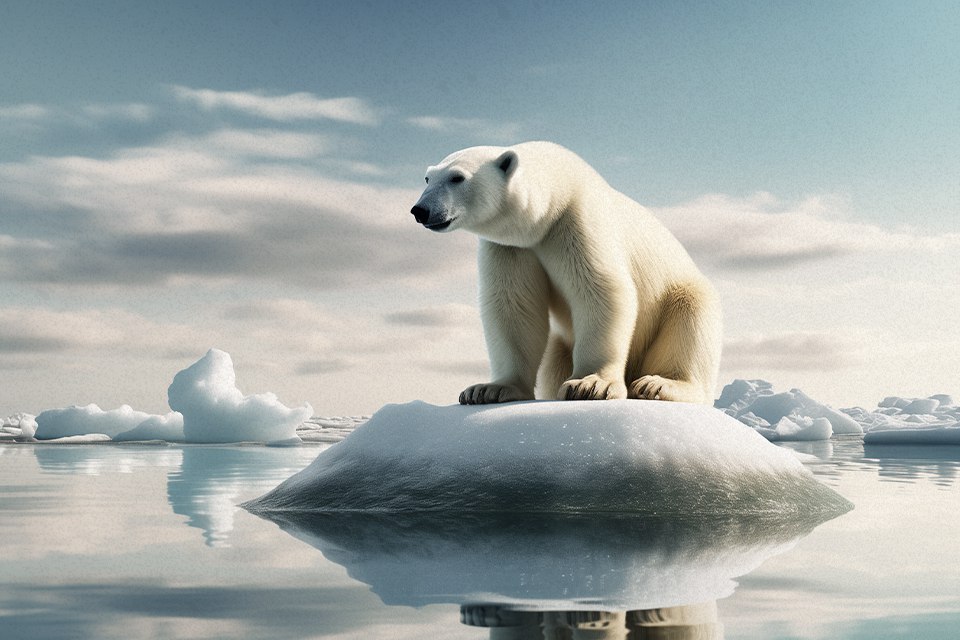Scientists are scaring humanity with global warming and climate change caused by man-made activities. However, many do not believe them or say that this is a natural process. So let’s figure out what’s really going on and how it can affect us.

1. What is global warming?
Global warming is a gradual increase in the average daily temperature on Earth. That is, we are not talking about the fact that it gets hotter on some day or week, but that if you measure the temperature day and night for each day of the year and derive the average, then this value will grow on the scale of decades.
This does not mean that it cannot get cooler during the year, and severe frosts will not occur somewhere. We are talking about the average temperature across the planet. Therefore, our own feelings for a certain period of time may not coincide with the conclusions of scientists.
2. Why are we sure that the Earth is really heating up?
Due to the fact that the temperature of water and air changes all the time, and the increase in its average is extremely slow, it is quite difficult to feel the warming on your own experience. But if you record the thermometer indicators daily in different cities for decades, it becomes obvious.
Meteorologists noticed this back in the XIX century, but then this trend was insignificant. But the average temperature on Earth increased by almost 1 °C from 1901 to 2012. And measurements show that this value continues to grow.
3. How is global warming and climate change related?
The term “global warming” is often used together with the phrase “climate change“. These are different, though related concepts. The climate in a certain area is not only the temperature that changes throughout the year, but also the amount of precipitation and winds blowing mainly in a certain direction.
The heating of the air, land and ocean affect the climate of a certain area in a very complex way. For example, uneven heating of the Earth’s surface causes heating of the air over its warmer areas, as a result, zones of high and low pressure arise in the atmosphere, and this causes the appearance of winds.
Therefore, the heating of the ocean causes an increase in the intensity of evaporation of water, the appearance of more powerful waves. The thermal energy of steam in the atmosphere leads to storms and hurricanes, which become more frequent with increasing temperature.
4. What causes global warming?
Despite the fact that scientists have been observing global warming for many decades, they cannot pinpoint its causes. The two main factors that may be responsible for it are human activity, primarily the burning of fossil fuels for energy production, and global natural processes such as changes in the angle of inclination of the earth’s axis.
Experts more or less agree that both groups of factors have their influence, but opinions differ as to the proportion in which they are responsible for global warming. The reason for this is the lack of knowledge of the climate over long periods of time. Scientists simply do not know how far modern changes differ from what has been happening on the scale of millennia.
5. How does global warming threaten humanity?
Natural or artificial, climate change can greatly affect our lives. Even just abnormally hot weather can cause increased mortality among people with cardiovascular diseases.
Even more catastrophic will be the increase in the strength of hurricanes, which will be the result of additional heating of water in the ocean. Here, the number of victims can reach tens of thousands of people a year.
Finally, global warming can greatly affect agriculture, turning regions that are now the main suppliers of agricultural products into semi deserts and deserts that are unable to feed themselves.
Follow us on Twitter to get the most interesting space news in time
https://twitter.com/ust_magazine
